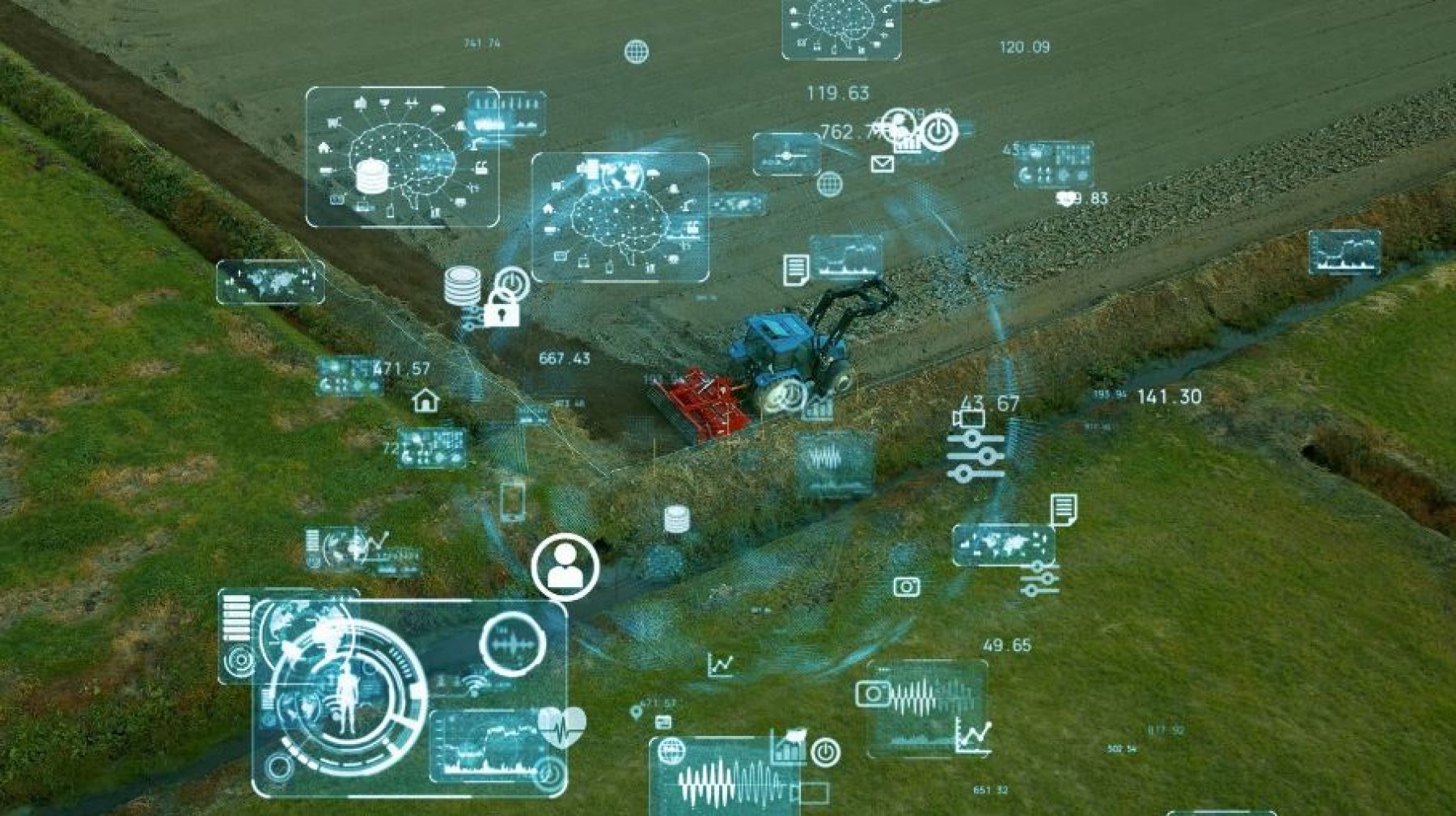
Final round of Agri-tech Launch Pad for Eastern Businesses
Latest round of funding open for innovators in agri-tech, agri-biotech, food tech and aquaculture
Innovate UK is working in partnership with Norfolk County Council, Suffolk County Council, Greater Lincolnshire LEP and Cambridgeshire and Peterborough Combined Authority on the £7.5m Launchpad to grow innovation in Eastern England’s agri-tech and food technology cluster, which also includes agri-biotech and aquaculture.
Eastern England region is is the national leader in fresh produce, meat, poultry, fish and seafood processing, underpinned by the largest food logistics sector in the UK. The cluster has a strong drinks and convenience food sector as well as leading niche and specialty food producers.
Innovate UK has opened (Monday 23rd September) two grant funding competitions to offer innovative businesses the opportunity to win a share of £2.5 million.
Strand 1: Minimum Financial Assistance (MFA)
In the MFA competition, businesses can apply for grant funding between £25,000 and £100,000. The grant is to cover 100% of the project costs.
Strand 2: Collaborative Research and Development (CR&D)
The CR&D competition offers grant funding of £150,000 to £300,000 for business-led collaborative innovation projects lasting between 6 and 18 months. Project consortia must include an SME and be comprised of organisations such as universities, research institutes, charities and the public sector
Project Criteria
In both competitions, innovative businesses can seek funding for projects developing and applying technologies including one or more of the following themes:
- enhancing the productivity of primary crops, livestock, aquaculture or ornamental crops
- biotechnologies related to agriculture, aquaculture, food processing and nutrition
- food that promotes safe, lower carbon or more sustainable healthy and nutritious diets
- resource efficient production and processing methods for low emission foods
- sustainability in the context of environmental challenges such as climate change and resource scarcity
- protecting, maintaining or enhancing animal welfare within current UK regulatory standard
- food manufacturing and processing, packaging, and safety
- resilience and responsiveness in the supply chain, mitigating risks, interruptions or disruptions